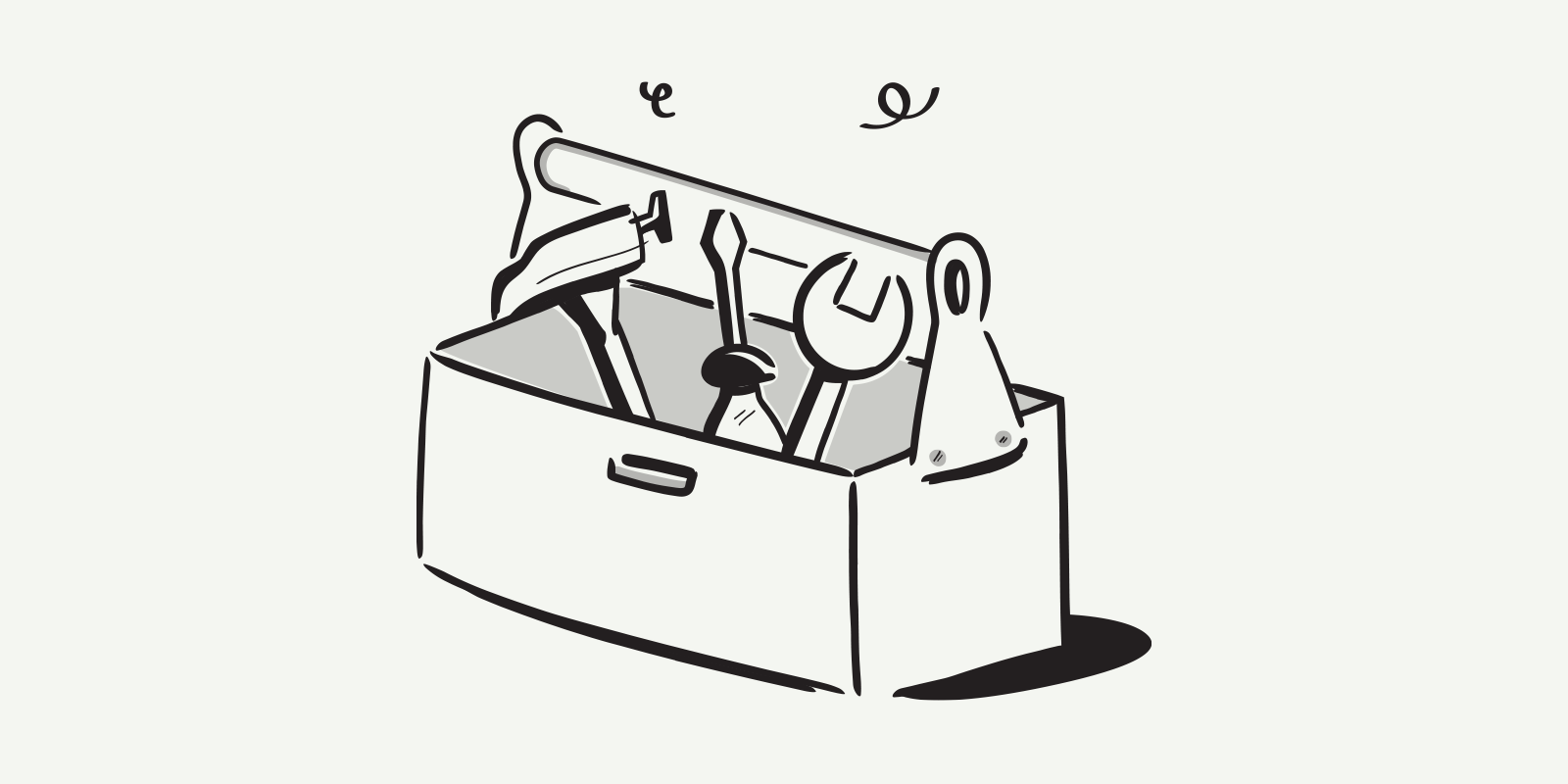Navigating rent increases: When and how to raise the rent

Growing revenue is essential for landlords to keep up with inflation. One key way to increase earnings is through rent increments. And with recent data showing that UK rents rose by 6.2% year over year, now is the perfect time to increase your rent.








